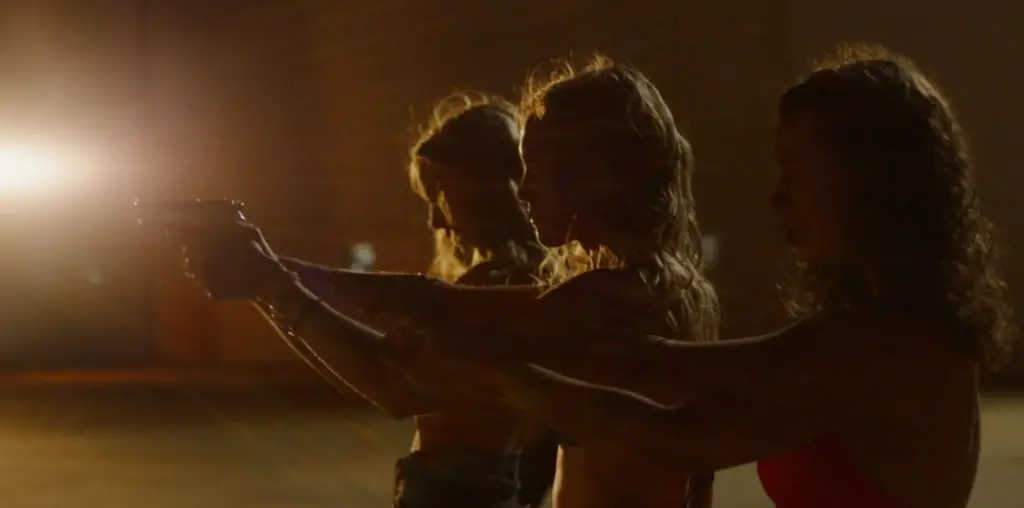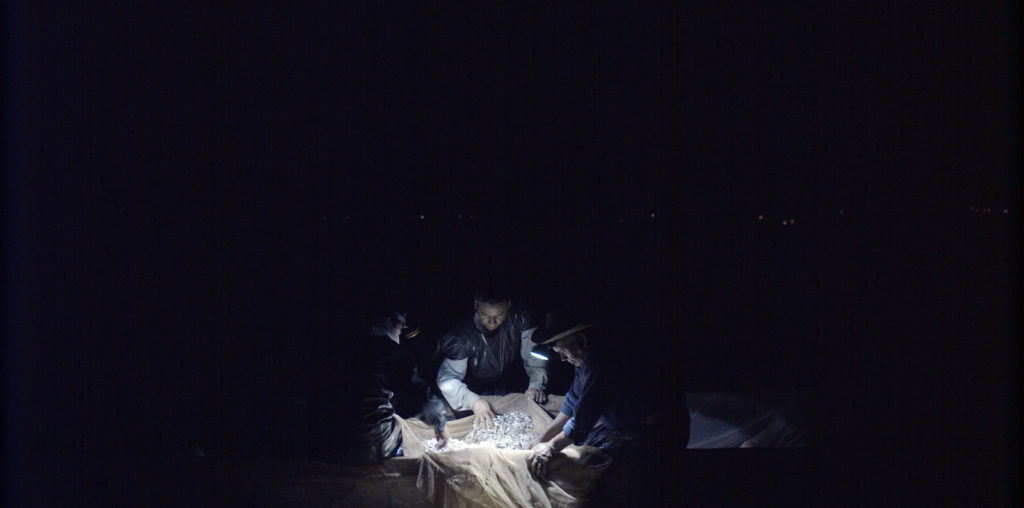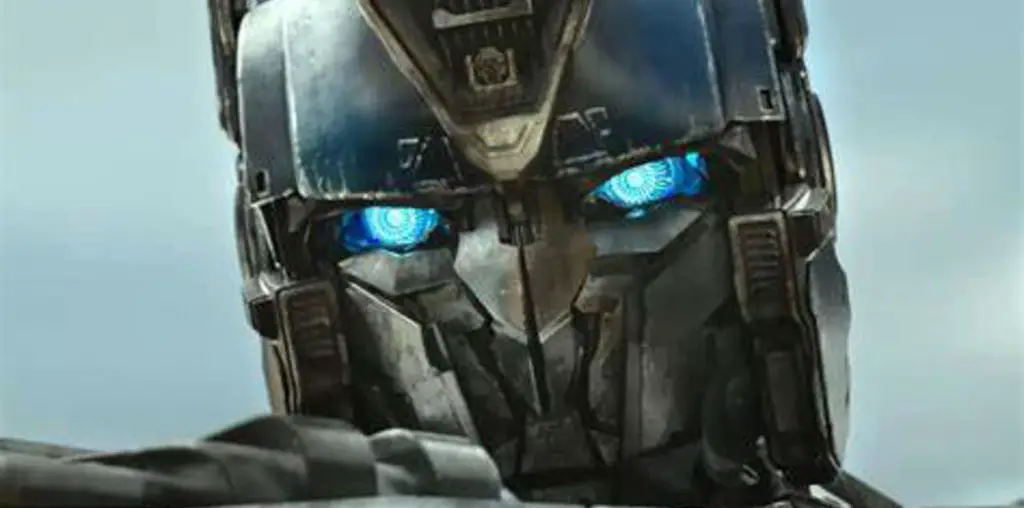
Zach Braff’s 21st Century film career could be packaged into a three-piece DVD box set consisting of the overcast romantic comedy “Garden State” (Braff himself, 2004), the mellow dramedy “Last Kiss” (Tony Goldwyn, 2006), and this year’s eccentric, comedic romance “The Ex” (Jesse Peretz). It would make such a lovely present for the adoring Braff fan—that is if Fox Searchlight Pictures, DreamWorks, and The Weinstein Company and MGM, the respective distributors, would allow it.
I maintain a 100% neutral opinion of Mr. Braff and derive virtually no pleasure from watching “Scrubs” and “Arrested Development;” therefore I was quite surprised when I found myself enjoying “The Ex.” Zach Braff plays Tom Reilly, a chef whose lawyer wife Sofia (Amanda Peet) is about to have a baby. He can smell bullshit a mile away and is not afraid to draw attention to it. This attribute morphs into a flaw as Tom stands up on behalf of his co-workers to their jerk boss (Paul Rudd) during the lunch hour rush. Tom gets fired, and as a result of the abrupt shortage in financial resources, he accepts a job at the ad agency where his father-in-law works—which means that he and Sofia move from the big city to small town Ohio, where her parents Bob (Charles Grodin) and Amelia Kowalski (Mia Farrow) live.
Rather than build a substantive “conflict,” “The Ex” creates a central tension between Tom and Chip Sanders (Jason Bateman), a wheelchair-bound high school friend of Sofia’s who still harbors affection for her and, as the film later reveals, a pathological dislike for Tom. A series of one-upmanships transpire as Chip and Tom vie not only for Sofia’s adoration but also for professional success. Chip employs humiliation tactics to break Tom’s resolve and Tom enlists Wesley (Lucian Maisel), the kid next door, whose ability to swallow a mini-burger whole just might save his less than stellar performance at work.
Writers David Guion and Michael Handelman undoubtedly know their silent and sound cinema comedy. Gags involving a bicycle, a snowboard, and wheelchair basketball recall Charlie Chaplin, Buster Keaton, and Harold Lloyd. An absurdist humor reminiscent of the Marx Brothers echoes throughout the film, starting with the Tom’s method of confronting the bully boss and re-surfacing in the scenes where he attempts to prove that Chip’s amiable disposition is not genuine. What might be perceived as the film’s main weakness is the change of heart that Sofia and her parents have regarding Tom’s alleged envy-induced shenanigans. It happens literally overnight, and film does explain why it occurs. As the rest of the film is constructed, though, this switch makes perfect sense.
Peretz’s film continuously subverts the audience’s expectations of what should likely happen given genre conventions. In the romantic comedy, characters do not forgive or suddenly grow an empathetic soul without hearing a cloying monologue from the individual who has made mistakes. But, in “The Ex,” they do and they can without any narrative prerequisites.
The film is superficially a necklace of ostensibly disparate gags, a dozen comedic scenes organized and tied together via a character or relationship study. A closer look, however, reveals that it achieves more than ninety minutes of sufficiently entertaining laughs. “The Ex” raises issues of parenthood and questions of gender roles and simultaneously makes fun of the characters for being complicit in certain aspects of it. Should a man always be the source of financial security and thus have his life plans figured out? Does he develop an inferiority complex when his wife is more academically and professionally accomplished? Has society gone too far in defining what it means to be a good or bad mother? And most importantly, if someone is being really, really nice and very understanding, is that someone pretending?


